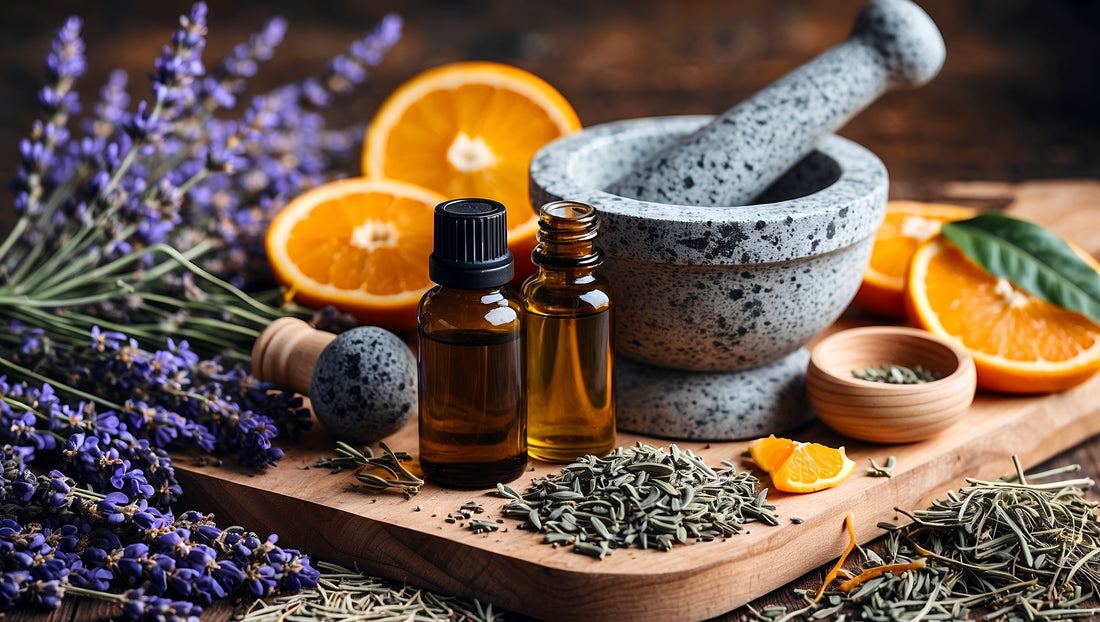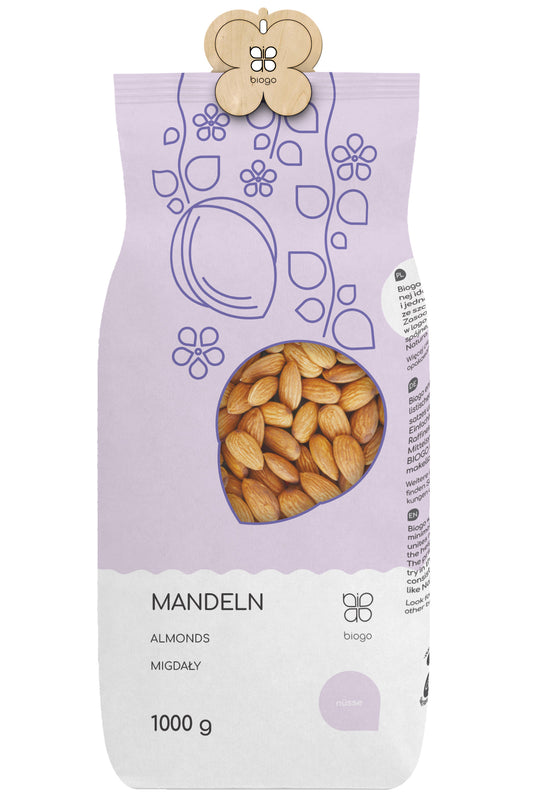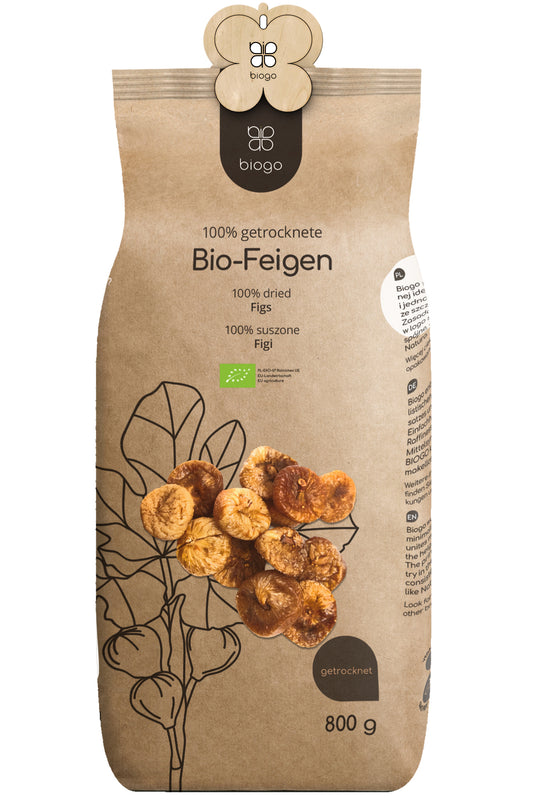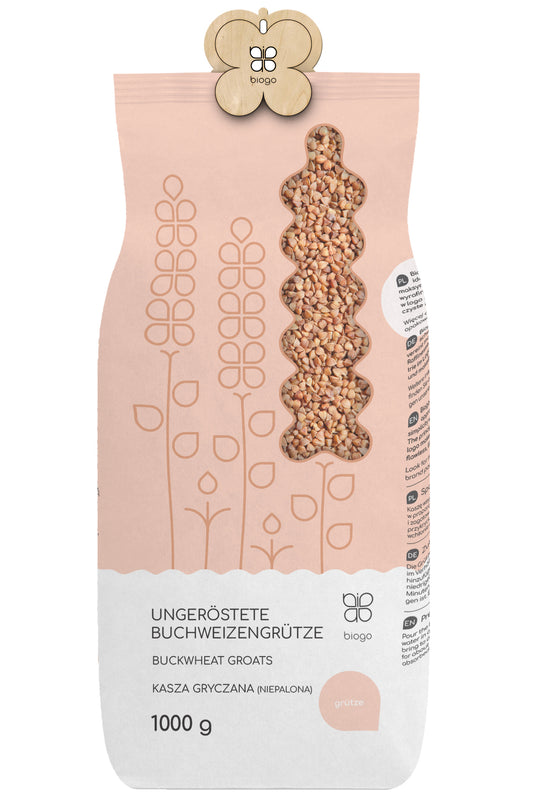Contents:
- What is Phytotherapy?
- Benefits of Phytotherapy
- Phytotherapy and modern medicine
- How can phytotherapy be safely applied?
Phytotherapy, the treatment and promotion of health with medicinal plants and natural herbal extracts, is becoming increasingly popular among people seeking natural methods for body care. It is one of the oldest fields of medicine, has been used for millennia, and its effectiveness is confirmed both by tradition and modern scientific research. Ancient cultures in Egypt, China, India, and Greece already used plants for medicinal purposes, and this knowledge has been passed down from generation to generation. Today, phytotherapy is experiencing a comeback, responding to the growing interest in natural medicine, a holistic health approach, and the desire to reduce excessive drug therapies. In this article, you will learn what phytotherapy is, what benefits it offers, which herbs are worth knowing, and why incorporating it into your daily care routine can bring long-term benefits.
What is Phytotherapy?
Phytotherapy is a preventive and therapeutic method that uses plant-based raw materials such as leaves, roots, bark, flowers, and fruits. Herbal preparations can be prepared in the form of infusions, capsules, tinctures, essential oils, or ointments. Their effectiveness is based on the active ingredients they contain, which support the body's natural regeneration and defense processes. Phytotherapy is used to alleviate mild ailments such as digestive disorders, insomnia, or a weakened immune system, but it also supports the treatment of more serious conditions - from circulatory diseases to nervous disorders and metabolic diseases. This versatility and broad range of applications make phytotherapy so attractive.
Benefits of Phytotherapy
1. Natural Support for the Body
Medicinal plants contain an abundance of bioactive substances such as flavonoids, alkaloids, essential oils, glycosides, and tannins. This allows them to exert diverse effects: they support the immune system, improve digestion, have a calming effect, regulate heart function, aid detoxification, and can also be anti-inflammatory and antibacterial. It is noteworthy that herbs not only combat symptoms but also support repair processes, thereby improving the overall health of the body.
2. Safety of Use
With proper dosage and the right selection of plant substances, phytotherapy is a safe method to support health. Herbs generally cause fewer side effects than synthetic medications, making them an attractive alternative for preventing and treating minor ailments. Of course, as with any form of therapy, caution is advised—improper use or overdose can cause side effects. Therefore, conscious handling of herbs is always advisable. However, with the right approach, the risks are low and the long-term benefits are considerable.
3. Holistic Approach
Phytotherapy focuses not only on symptoms but supports the entire body. Its philosophy is based on the belief that body and mind form a unity, and true health is the harmony of various systems and organs. Herbs work comprehensively—they strengthen the immune system, support regeneration processes, regulate metabolism, reduce oxidative stress, and support hormonal balance. This helps maintain balance and harmony in the body, which also translates into improved mental well-being.
4. Everyday Support
Herbs can be an excellent support in everyday life. Chamomile soothes the digestive system and aids digestion, lemon balm promotes sleep and reduces nervous tension, St. John's wort can support emotional balance, and ginseng boosts energy and improves concentration. Nettle supports body detoxification, and mint refreshes and relieves bloating. Thus, phytotherapy becomes a natural component of a healthy lifestyle, facilitates daily functioning, and improves quality of life.
Phytotherapy and modern medicine
Although phytotherapy is primarily associated with naturopathy, it is increasingly finding its place in modern conventional medicine. Many modern medications are based on plant extracts – for example, aspirin, which is derived from the salicylic acid of willow bark. Other examples include morphine from the opium poppy and digoxin for treating heart diseases from digitalis. This shows that phytotherapy and pharmacology share common roots and complement each other.
Doctors increasingly recommend phytotherapy as a complement to conventional treatment, especially for the prevention of civilization diseases such as hypertension, diabetes, heart diseases, stress, digestive problems, and weakened immune system. Herbs can also support recovery from illnesses and strengthen the body during times of increased effort or reduced fitness.
How can phytotherapy be safely applied?
- Consultation with a specialist – before reaching for herbs, it is worth consulting a doctor or phytotherapist, especially if you are taking other medications, are pregnant, or have chronic illnesses.
- Proper dosage – natural does not mean neutral. Excessive herb intake can be harmful. Therefore, always follow the instructions and recommended dosages.
- Selection of high-quality preparations – choose products from proven brands that value the quality and purity of raw materials and avoid preparations of unknown origin.
- Awareness of interactions – Some herbs can interact with medications and alter their effects. Therefore, it is important to apply phytotherapy consciously and responsibly.
Phytotherapy is an effective, natural, and safe method for health promotion that can be used both preventively and as a complement to conventional treatments. Thanks to the richness of active compounds in plants, herbs can support the body on many levels – from strengthening the immune system to supporting the nervous and digestive systems, to promoting daily well-being and regeneration. Phytotherapy is also an excellent response to the needs of those who want to reduce the use of artificial substances in their lives and rely on natural solutions. Integrating phytotherapy into one's lifestyle is a step towards greater harmony, balance, and natural healthcare, in tune with the rhythms of nature and the needs of modern humans.
THE PUBLISHER'S CHOICE
Almonds 1 kg BIOGO
- £11.00
£13.00- £11.00
- Unit price
- / per
Peeled sunflower seeds 1 kg BIOGO
- £3.00
£4.00- £3.00
- Unit price
- / per
Dried organic mango 400 g BIOGO
- £10.00
- £10.00
- Unit price
- / per
Dried White Mulberries 500 g ORGANIC
- £6.00
£7.00- £6.00
- Unit price
- / per
Popcorn (corn kernels) organic 1 kg BIOGO
- £6.00
- £6.00
- Unit price
- / per
Organic Ground Turmeric 500 g BIOGO
- £6.00
- £6.00
- Unit price
- / per
Milk thistle seeds 1 kg BIOGO
- £4.00
- £4.00
- Unit price
- / per
Dried organic figs 800 g BIOGO
- £27.00
- £27.00
- Unit price
- / per
Organic cashew nuts 1 kg BIOGO
- £18.00
- £18.00
- Unit price
- / per
Unpeeled buckwheat groats 1 kg BIOGO
- £3.00
£3.00- £3.00
- Unit price
- / per







































































































































